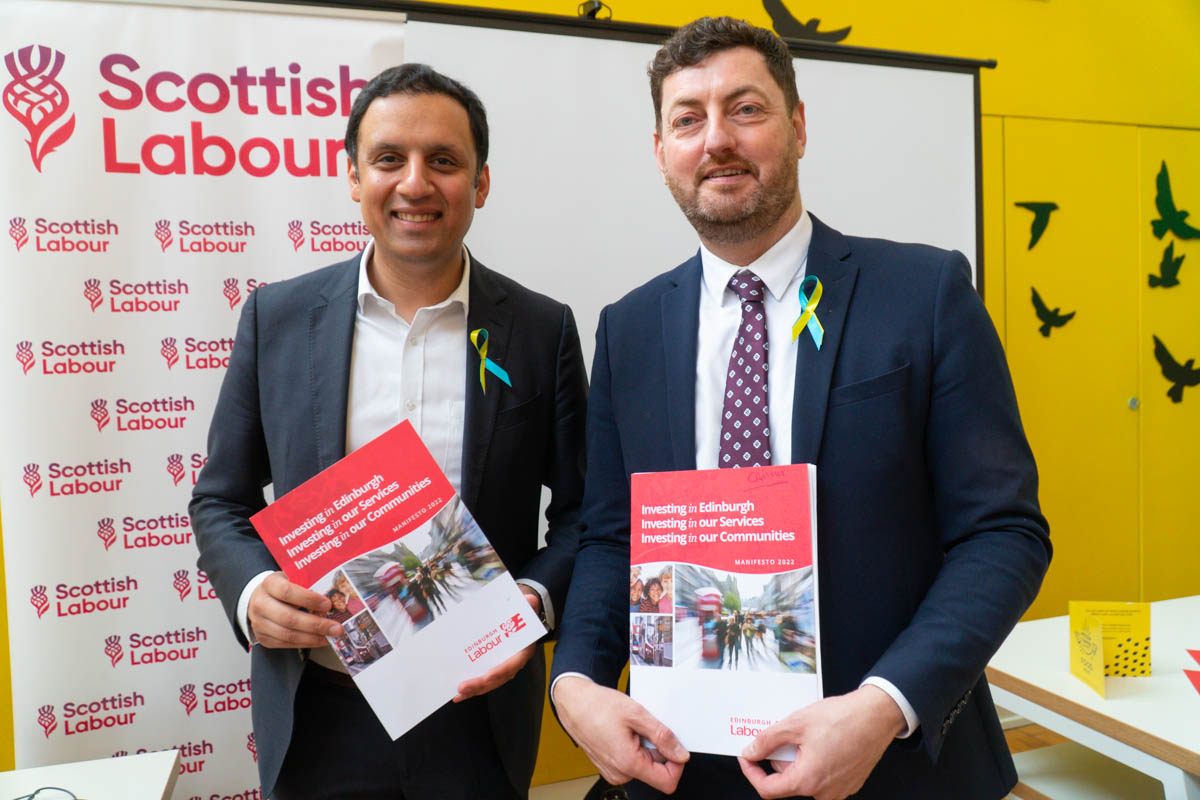Scottish Labour call for Barnett style funding for councils
Scottish Labour revealed plans on Wednesday for a Barnett-style funding formula to set budgets for all 32 local authorities in Scotland.
In a bid to end what they regard as the “daylight robbery” of councils, Scottish Labour leader, Anas Sarwar, has called for a new independent mechanism to make sure local authorities get a fair share of funding based on the services for which they are responsible.
The call came ahead of the launch of Scottish Labour’s latest paper setting out the party’s plans to reform and renew the United Kingdom. This paper will set out out plans to push power out of Holyrood and into communities.
The Scottish Labour leader said the current system has been left in tatters by the SNP’s “contempt” for local government, which has seen £6 billion taken from local government’s core funding since 2013/14. These “catastrophic” cuts go even further than Tory cuts to Scottish budgets.
Mr Sarwar said:“For years now Scotland’s councils have been cut to the bone and callously sidelined.
“The SNP and the Greens have taken Tory austerity and compounded it, siphoning money away from essential services and into Ministerial vanity projects.
“Now libraries are closing, roads are crumbling, bins are over-flowing, and Councils are facing even more impossible choices.
“The SNP’s relentless contempt for local government has left current funding system in tatters.
“We need to put a stop to this daylight robbery and guarantee truly fair funding for Councils with a new independent system.”
Scottish Labour propose setting up an independent system to set local government budgets for a three year period using a formula based on the current equalisation process and tax raising powers. The party also calls for a transparent assessment of the services which local governments deliver and their corresponding share of the Scottish budget – similar to the Barnett Formula. That calculation adjusts the amount of money allocated in the block grant for devolved services to Northern Ireland, Wales and Scotland by reference to spending on public services in the other home nations.
